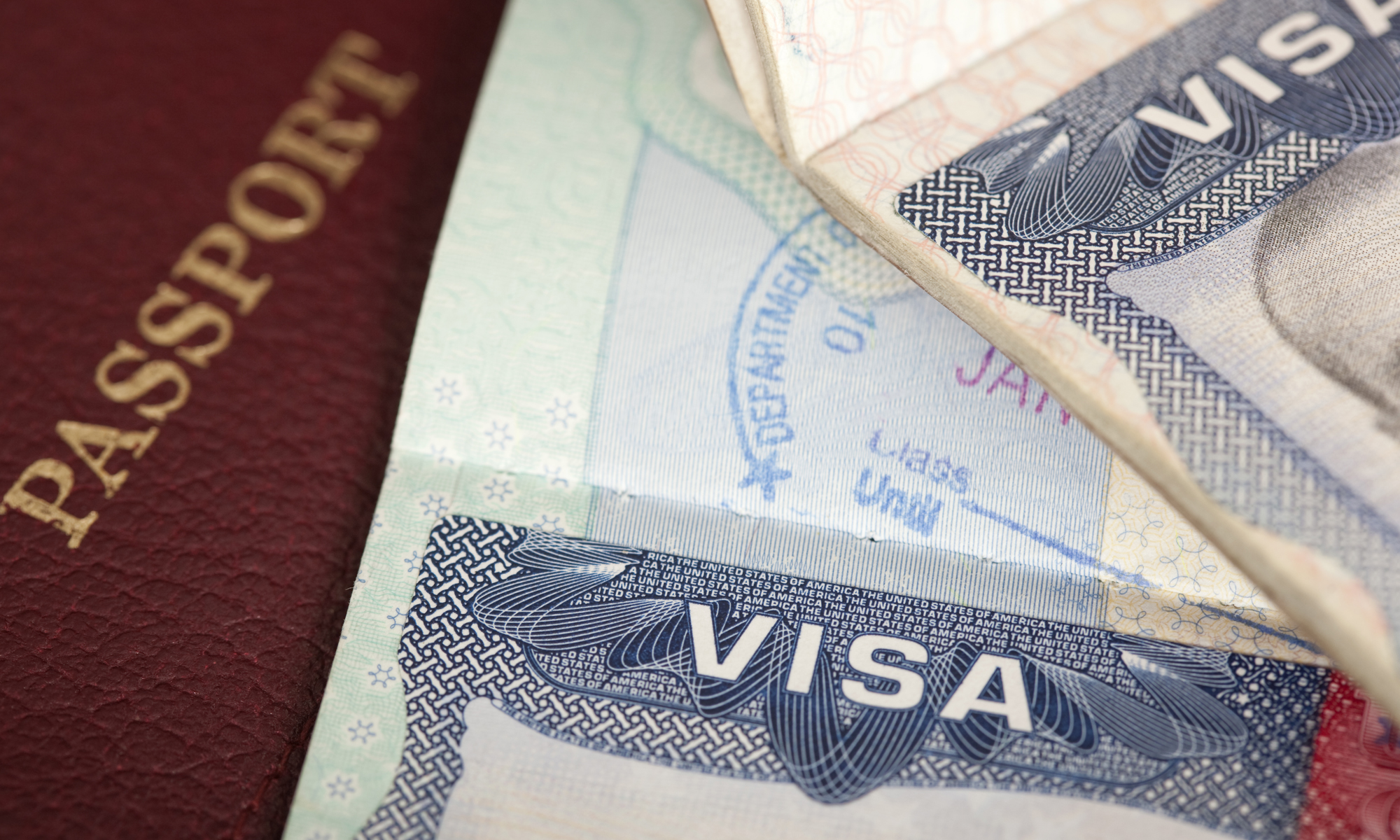U.S. Citizenship and Immigration Services (USCIS) has released its final guidance on when to file an amended or new H-1B petition after the Matter of Simeio Solutions, LLC decision.
Change in CIS Policy on worksite/location changes: On April 9, 2015, the USCIS’ Administrative Appeals Office (AAO) issued a precedent decision, Matter of Simeio Solutions, LLC, ruling that when an H-1B employee changes work site locations, it is considered a material change that may require the filing of an amended or new H-1B petition with USCIS.
Previous USCIS Guidance: Under the previous USCIS guidance, if a new Labor Condition Application (LCA) was filed with the U.S. Department of Labor (DOL) prior to the work site location change, no amended or new H-1B petition was required to be filed with USCIS.
New USCIS Guidance: Under the new USCIS Guidance, if an H-1B employee is changing work site locations and the new work site location is not within the same Metropolitan Statistical Area (MSA) as the current worksite location, then an amended or new H-1B petition must be filed with USCIS.
If the worksite change is within the same MSA, no amended or new H-1B petition is required; however, copies of the original certified LCA listing the current work site location will need to be posted at the new work site location prior to the H-1B employee beginning employment at the new location. After the requisite posting period, the posted original certified LCA copies must be placed in the Public Access File notated with the dates and places of posting.
Compliance: If an employer complied with the pre-Simeio decision USCIS Guidance, by completing a new LCA before the worksite change, and the H-1B employee work site changed occurred on or before April 9, 2015, USCIS will not pursue any new adverse actions against the employer after July 21, 2015 that are based solely upon a failure to file an amended or new H-1B petition to address the work site location change. USCIS will however, preserve the right to pursue any adverse actions (related to work site location changes) which have commenced or been completed prior to July 21, 2015, and will also still continue to pursue adverse actions for other violations.
However, USCIS provides a safe harbor, if an employer files amended or new H-1B petitions on or before January 15, 2016 to address prior work site changes for H-1B employees (including cases that followed the pre-Simeio decision USCIS Guidance for work site location changes prior to April 9, 2015, with the filing of new LCAs listing the new work site location). USCIS will consider those filings timely, and not subject to adverse action by USCIS for failure to file an amended or new H-1B petition to address the work site location change.

